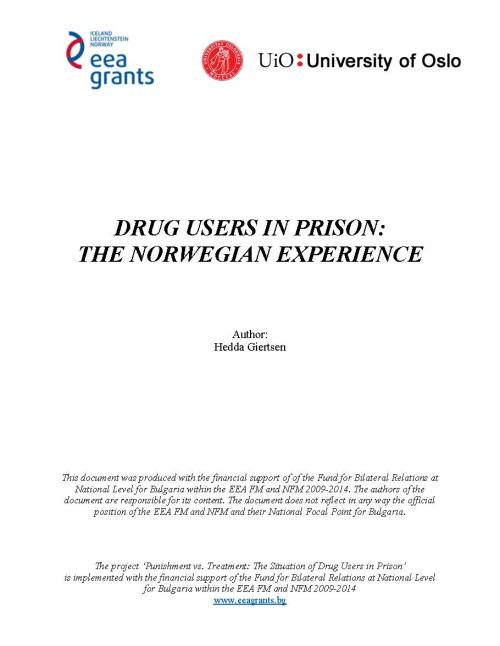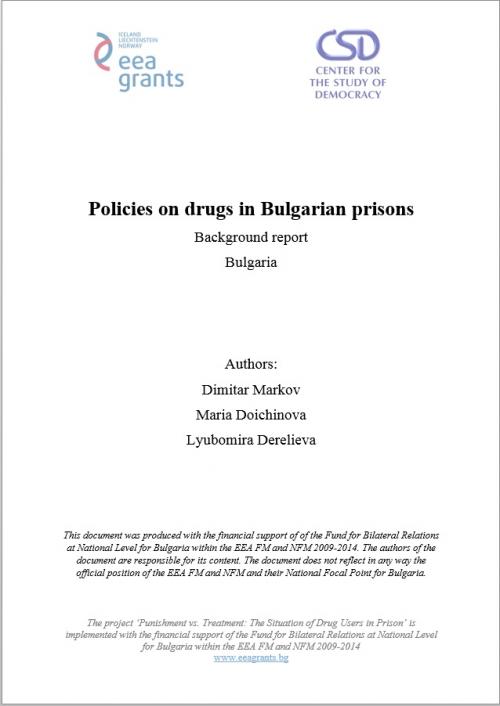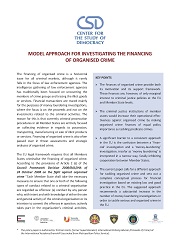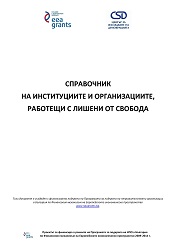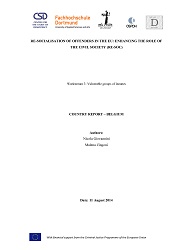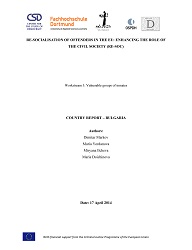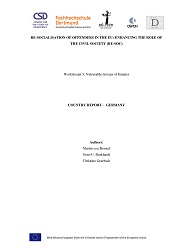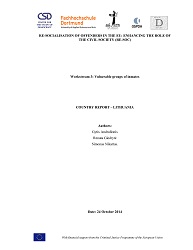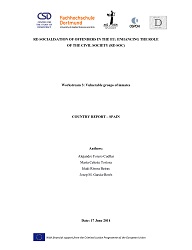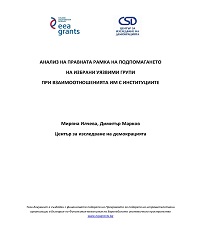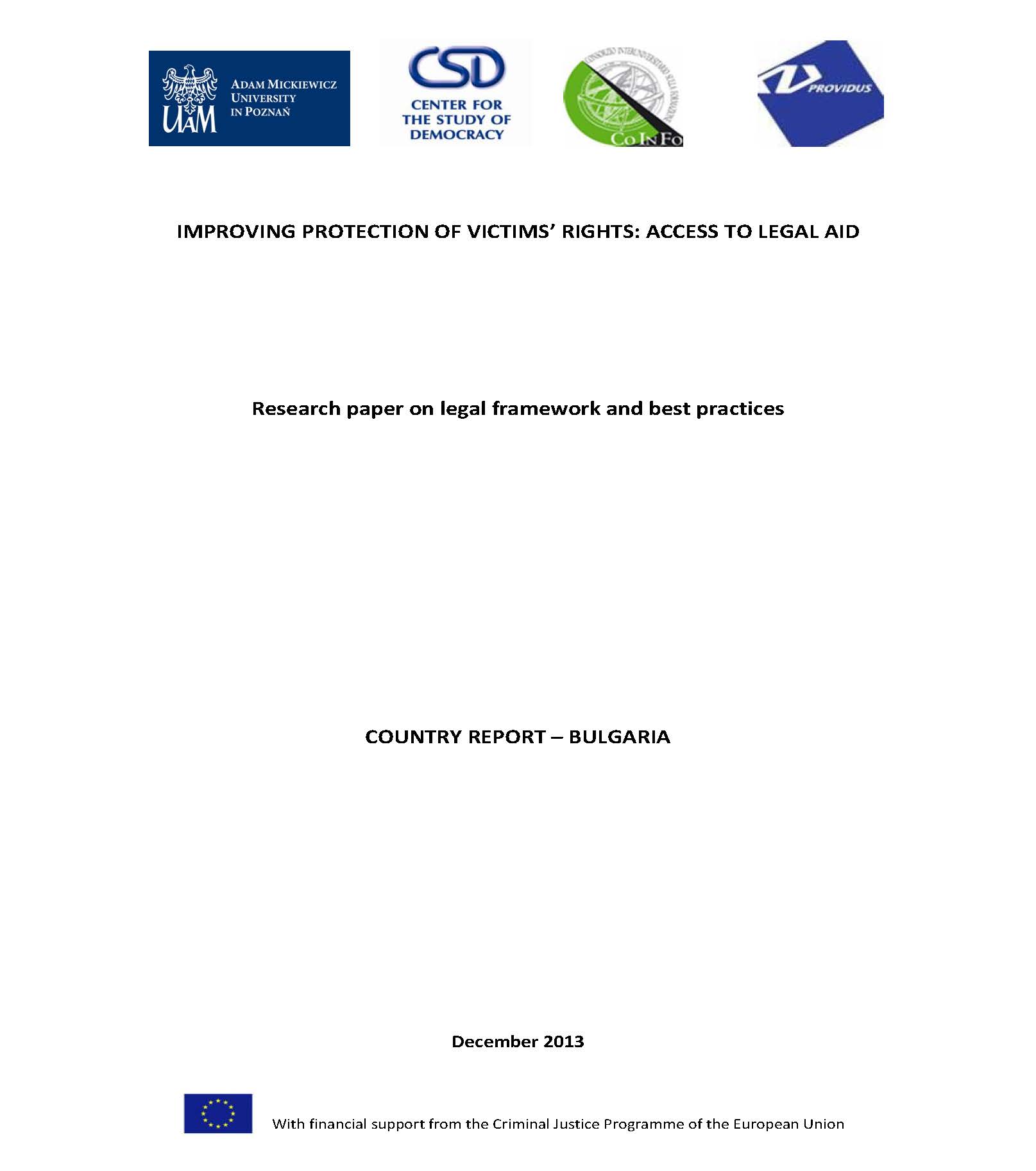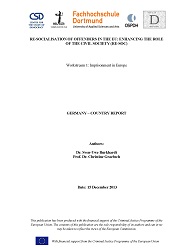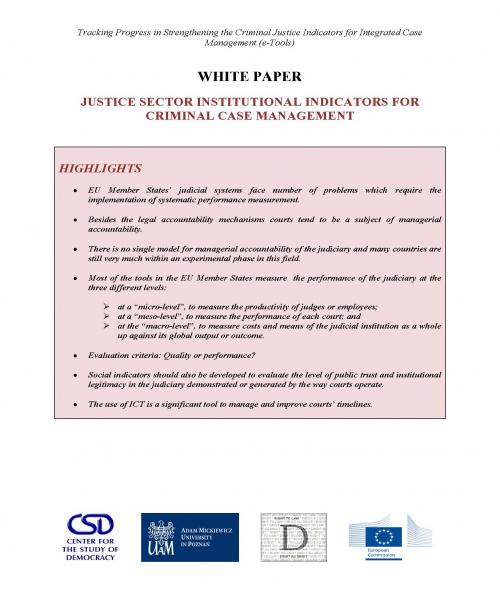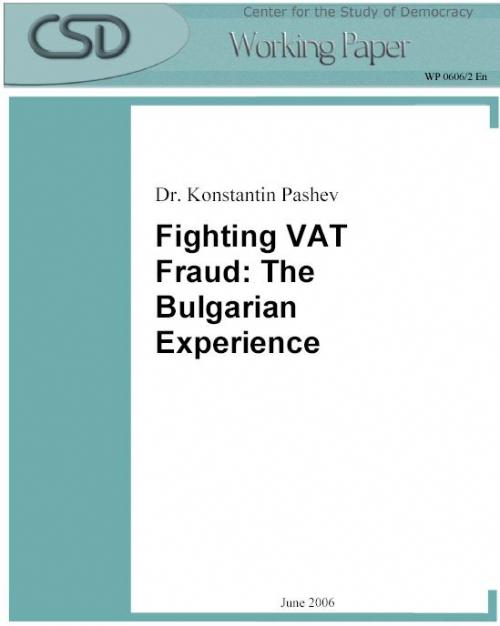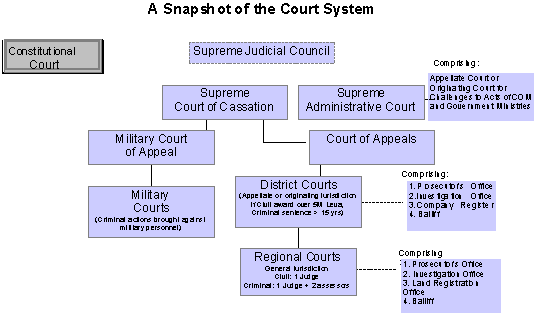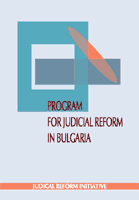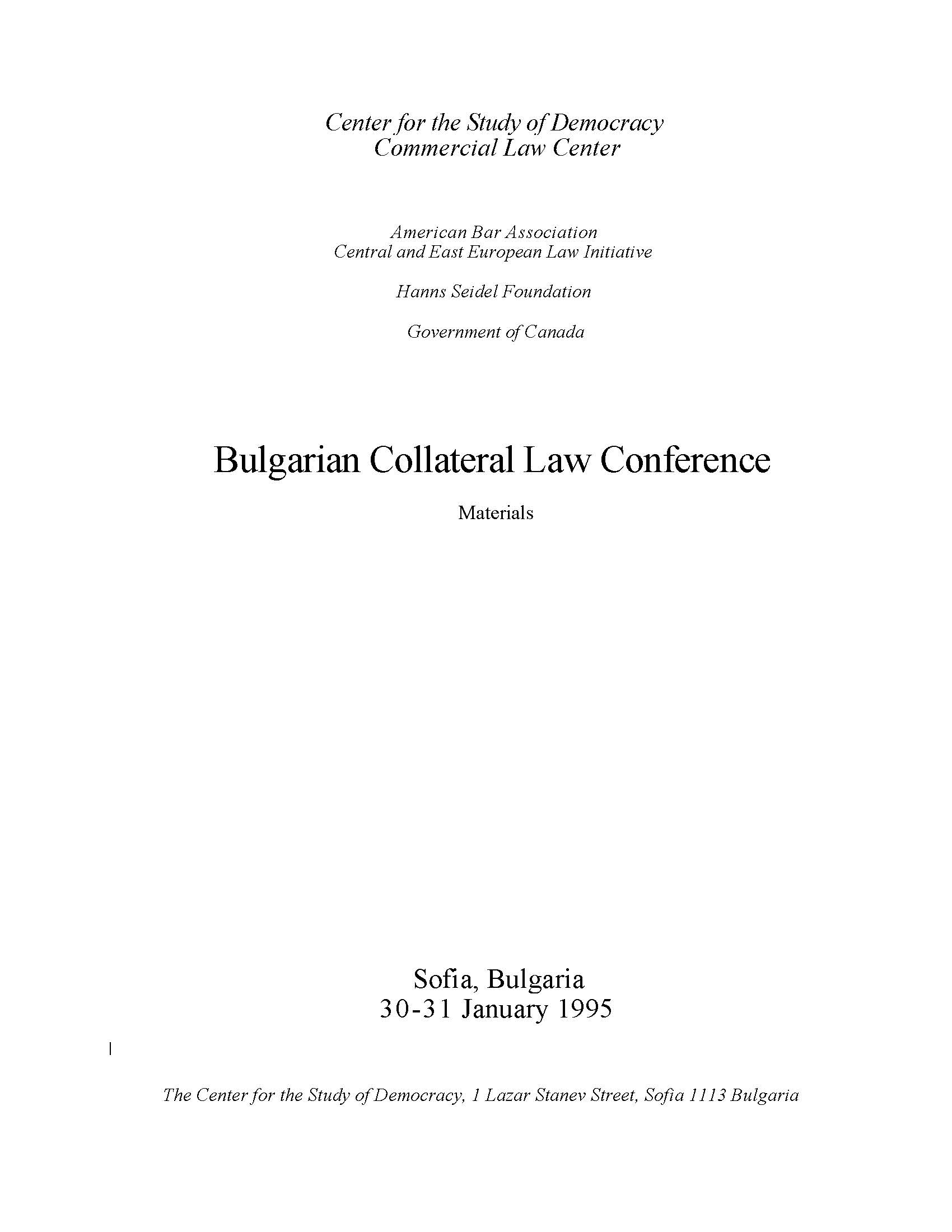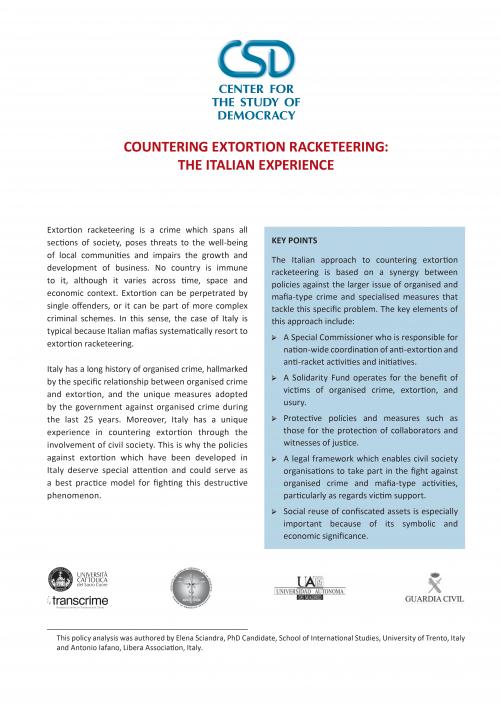
Countering Extortion Racketeering: The Italian Experience
Countering Extortion Racketeering: The Italian Experience
Extortion racketeering is a crime which spans all sections of society, poses threats to the well-being of local communities and impairs the growth and development of business. No country is immune to it, although it varies across time, space and economic context. Extortion can be perpetrated by single offenders, or it can be part of more complex criminal schemes. In this sense, the case of Italy is typical because Italian mafias systematically resort to extortion racketeering.
More...
